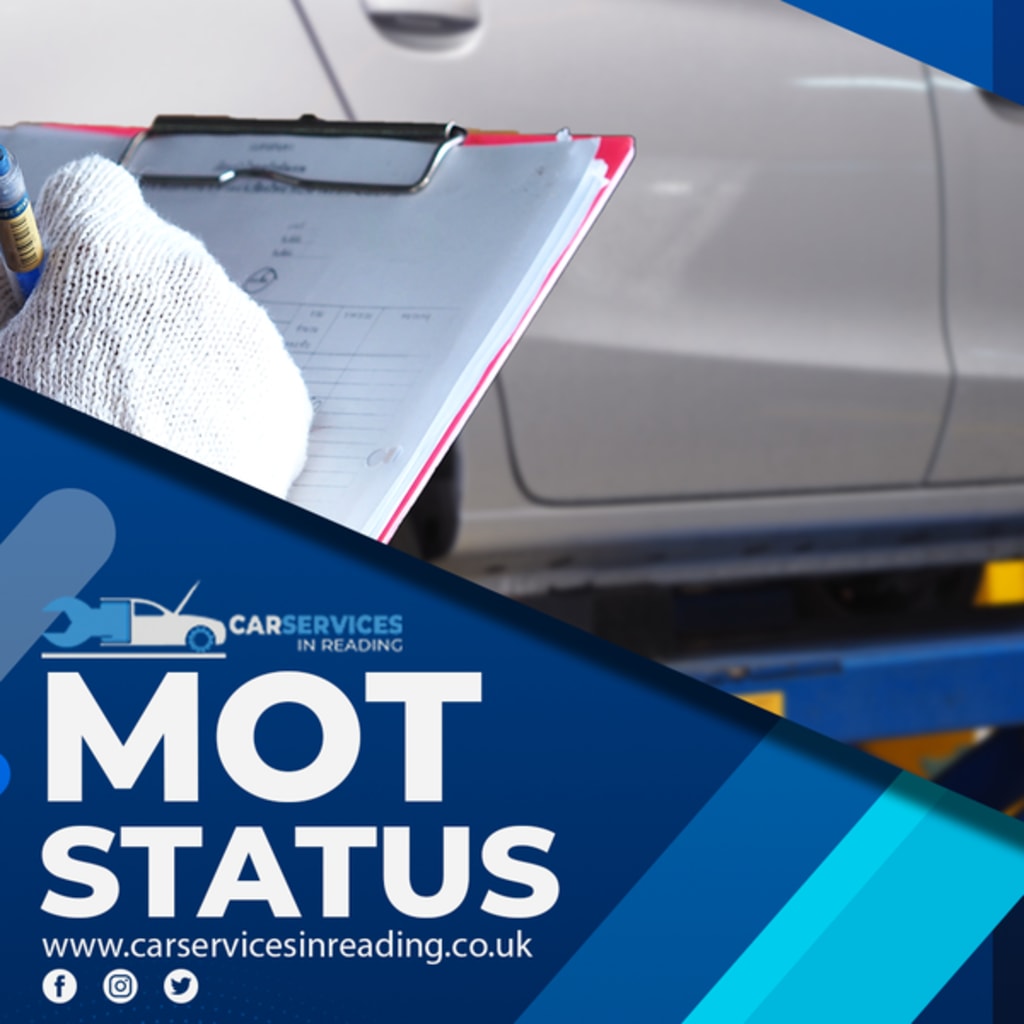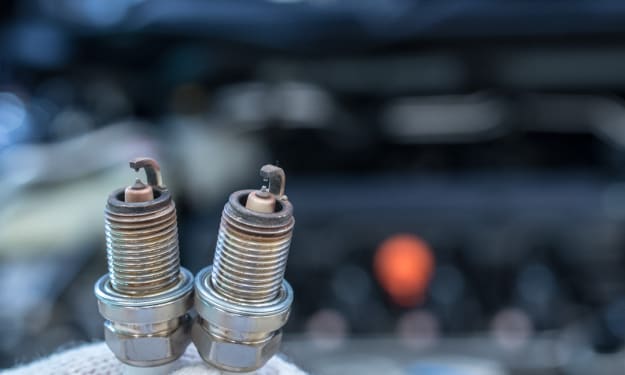Clutch Slipping: 6 Signs and Symptoms
If you ignore a slipping clutch for too long, it will cause additional problems. On the internet, look for car service near me garages and get the problem rectified.The more a clutch slips, the more heat it generates, causing component wear to occur at a faster rate than normal.

Many drivers and vehicle owners have been trained to change gears manually. They are used to changing gears whilst others find it inconvenient and choose an automatic transmission instead.
Owners of automatic gearboxes don't have to worry about improper gear changing or clutch issues.
Clutch failure can occur when changing gears in heavy traffic or uphill. So, how can you determine whether the clutch is causing your gearbox to slip?
In this post, we'll go over clutch slipping, the indicators of clutch slipping, and how to fix clutch slipping issues. If you're still unsure after reading this, we recommend looking for a car service near me garage online and speaking with a qualified car specialist who can answer your questions.
What Is a Slipping Clutch and What Does It Mean?
The clutch is forced to slip when the disc that connects to the flywheel fails to engage and disengage appropriately or goes out entirely. As a result, there will be a loss of power between the car and the wheels. Depending on the degree of slipping, your vehicle may not provide as much torque to the wheels as it should.
Before scheduling your next MOT test, you should address the clutch slipping issue, as this might result in a MOT failure. If you check MOT history of your car, this might have been one of the causes for a failed MOT test in the past.
Clutch Slipping Symptoms
Unlike other car problems, which may display little signs when anything goes wrong, clutch slipping symptoms are obvious. You'll lose power and have issues with drivability. Here are a few warning signs of a slipping clutch that should prompt you to seek out a qualified car garage in Reading and schedule an appointment with a mechanic to have the problem fixed right away:
1. Hesitation before acceleration - If your car hesitates to accelerate, it's because the transmission isn't providing enough torque to move the wheels. This will be more noticeable while hauling or carrying a burden. A defective clutch is most likely to blame for the halt. It might be due to oil leaks, a blown fuse, a loose or misaligned drive belt, a burst rubber hose, or a malfunctioning clutch assembly if you smell burnt rubber. Book your car in with a garage in Reading as soon as you experience this issue to avoid total clutch failure or other connected components to also fail.
2. High engine RPM - Putting manual gearboxes through a test cycle is a common way of diagnosing them. Examine whether going at various speeds necessitates more RPM than normal. The clutch might need to be changed if this happens. You can diagnose the clutch at a garage, as well. Start the car and let it idle for a few minutes before changing to second or third gear and letting go of the clutch. The clutch is worn out and must be changed if the engine does not stall and continues to run smoothly.
3. Quick clutch disengagement - One of the most common signs of a slipping clutch is quick clutch disengagement. This means the engine quickly disengages from the driving wheels. The driver must generally depress the clutch pedal 1 or 2 inches low before the engine disengages from the wheels. The engine, on the other hand, disengages in less than 1 inch when the clutch begins to fail. When your foot is resting on the clutch pedal, the engine may detach from the driving wheels.
4. Low/high clutch pedal - If you own or drive a motor vehicle, you should be aware of the typical clutch pedal height. It should return to its original height when you depress and release the clutch. If the height fluctuates, whether higher or lower, it indicates an issue with the clutch system. The majority of the time, it's a clutch failure. Older vehicles with rod-operated clutches are more prone to this. It's preferable to adjust the clutch rather than dumping the transmission for clutch assembly replacement.
5. Reduced engine performance - You can tell whether your clutch is slipping by pulling extra weight in your car. When pulling weights, the engine normally has to provide more power and torque to the wheels. If the clutch slips, however, the engine will be unable to create the required torque and power, resulting in engine power loss. Your clutch system will need to be serviced and you should consider reducing the excessive load being carried.
6. Clutch feels spongy - If the clutch feels spongy when you depress it or if the pedal sticks after you withdraw your foot, it signifies the system unit is malfunctioning.
It's necessary to understand the symptoms of a slipping clutch, but it's also crucial to understand that clutch slipping causes can be found in the clutch disc and pressure plate, as well as the release bearing. Using the wrong clutches and having a defective flywheel are two further possibilities.
About the Creator
Car Services in Reading
Are you looking for a reputable and high-quality car garage in Reading ? Car Services in Reading is your one-stop shop for online garage services in Reading. Book online car repair services with us with confidence.
Enjoyed the story? Support the Creator.
Subscribe for free to receive all their stories in your feed. You could also pledge your support or give them a one-off tip, letting them know you appreciate their work.






Comments
There are no comments for this story
Be the first to respond and start the conversation.